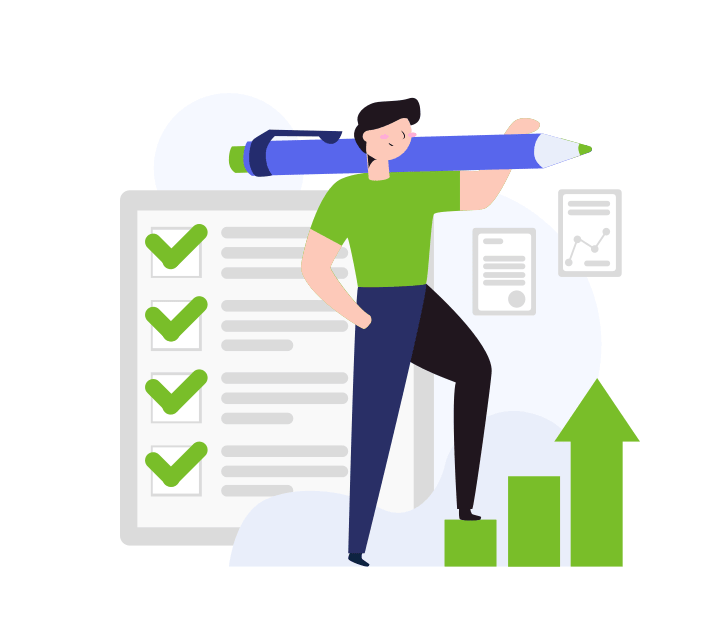
In contrast, cloud accounting software is typically offered on a monthly subscription basis. This means that businesses can avoid the upfront costs and pay a predictable monthly fee instead. This can result in significant cost savings, especially for small businesses with limited resources. A cloud accounting solution, like FreshBooks, can bring your financial records and traditional accounting systems into the future by giving your business the tools needed to grow and compete.
iv) Automatic Updates:

The cloud is anything that can be accessed online, rather than in the actual storage capacities of physical devices. Connect your bank accounts and credit cards, sync transactions and access cloud accounting meaning operational data from anywhere. If your accounting is taken care of, you can spend the time you save doing things you like — like scaling and growing your bottom line. Cloud services invest a lot in security, helping small businesses stay safe. By constantly updating your financial records, cloud accounting keeps data current.

Cloud Accounting Features that Empower Businesses

Cloud accounting helps you leverage the benefits of working remotely which includes flexible working. Your employees can access your financial information from anywhere as long as they have access to the internet. Cloud accounting platforms keep your bank reconciliation and book up to date, ensuring you have access to real-time information at any time. Another feature of cloud accounting software is Bookstime that they have open APIs through which you can integrate third-party software tools with your accounting system.

Standardized Reports

Many cloud accounting platforms allow you to view your account balance, view your bank statements, transaction history, and speed up bank reconciliation. Cloud accounting solutions are often subscription based, and customers can upgrade their monthly or annual plans to meet the growing needs of a business. This pricing model is similar to popular consumer SaaS providers such as Netflix, Google Apps, and Dropbox.
- Cloud technology is a more effective way of storing and processing data compared to traditional storage methods.
- Before we dig deeper into the benefits of cloud accounting, let us first define it in layman’s terms.
- Access Xero features for 30 days, then decide which plan best suits your business.
- Traditional software is installed on computers and needs to be updated by hand.
- With cloud software, your data lives online on secure servers – as opposed to on your hard drive.
- Whether it’s expanding to new markets, adding more users, or incorporating additional features, cloud accounting offers the flexibility to adjust resources accordingly.
- Ultimately, the cloud accounting software that’s the best fit for your business will come down to your size, your accounting needs and the choice you want from your app ecosystem.
It’s also important to research the software provider and ensure that they have a good reputation in the industry. You can cut down on a number of costs, whether that be office rental or Accounting Periods and Methods costly software updates. You can also have far more flexibility with your employees if you allow them to work remotely. That means that you can pull live cash flow information from your bank data straight into your accounts and vice versa. All whilst giving you an accurate view of your business’s bank balance.
- From personalized user interfaces to real-time data access, Certinia Accounting caters to organizations of all sizes, from startups to multinational corporations.
- One of the key advantages of cloud accounting is the ability to access real-time financial reporting and analysis.
- Systems that ran on computers replaced paper ledgers and the basic tools that helped bookkeepers crunch numbers.
- Machine-learning algorithms become smarter over time as they process more information and can sometimes make decisions independently.
- Organisations can easily add users or modules as the organisation grows and evolves.
- If you transition from a traditional accounting solution to the cloud, you’ll be doing so with peace of mind that there are no changes to how safe your business’s financial data will be.
- You will also save money on an in-house IT team to do things like upgrade software or deal with other technical issues.
- What this means is that you are not responsible for fixing security issues and bugs.
- This helps to speed up payment times and reduces the level of administrative work that you or your staff are required to complete.
- Your IT team will need to oversee day-to-day maintenance, which may include running updates, installing patches, managing back-ups and initiating security procedures.
- The cloud platform consists of remote servers and software infrastructure that allow businesses to store, process, and access their financial data online.
- This means that businesses can manage their financial information from their office computers, laptops, tablets, or even their smartphones.
With real-time access to financial data, businesses can stay on top of their expenses, track incoming payments, and accurately forecast their cash flow. This can help businesses avoid cash flow issues and make better financial decisions. Cloud accounting software also utilizes cloud computing technology, which enables efficient processing and storage of large amounts of data. This technology ensures that businesses can access their financial information in real-time, without the need for manual data transfers or updates. Cloud accounting software allows businesses to access and manage their financial data online, anytime, anywhere, as long as they have an internet connection. Gone are the days of needing to be tied to a specific computer in the office to access your accounting software.
